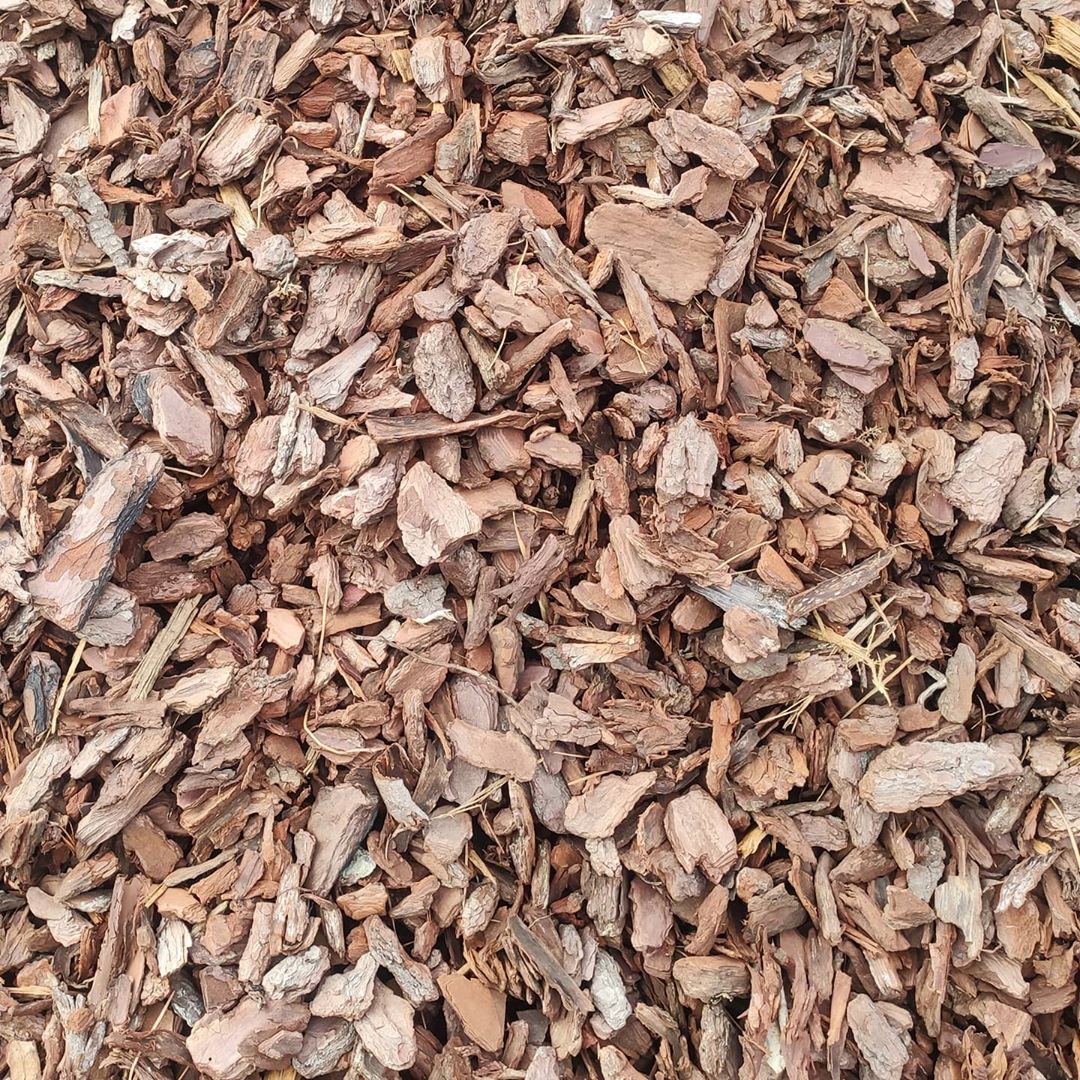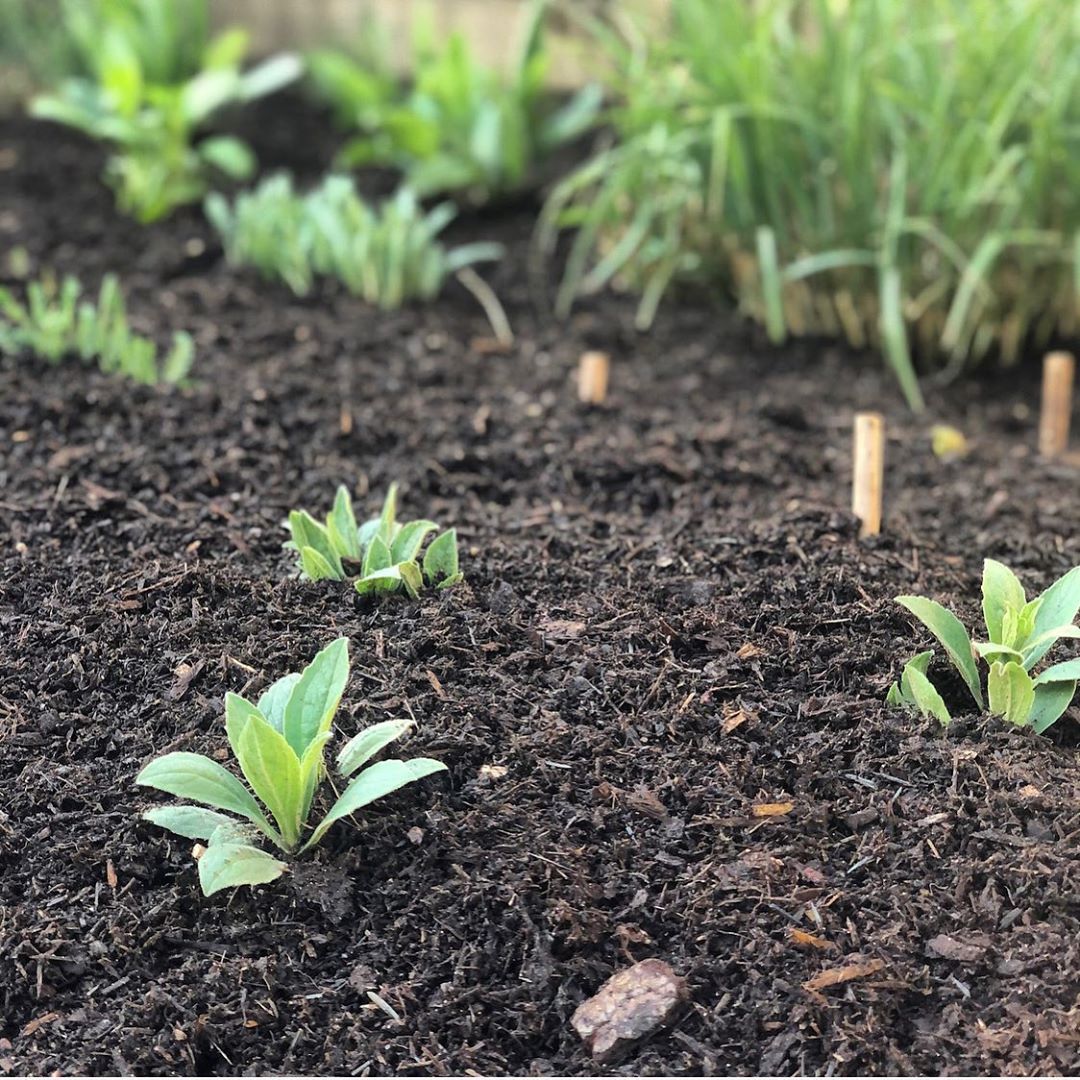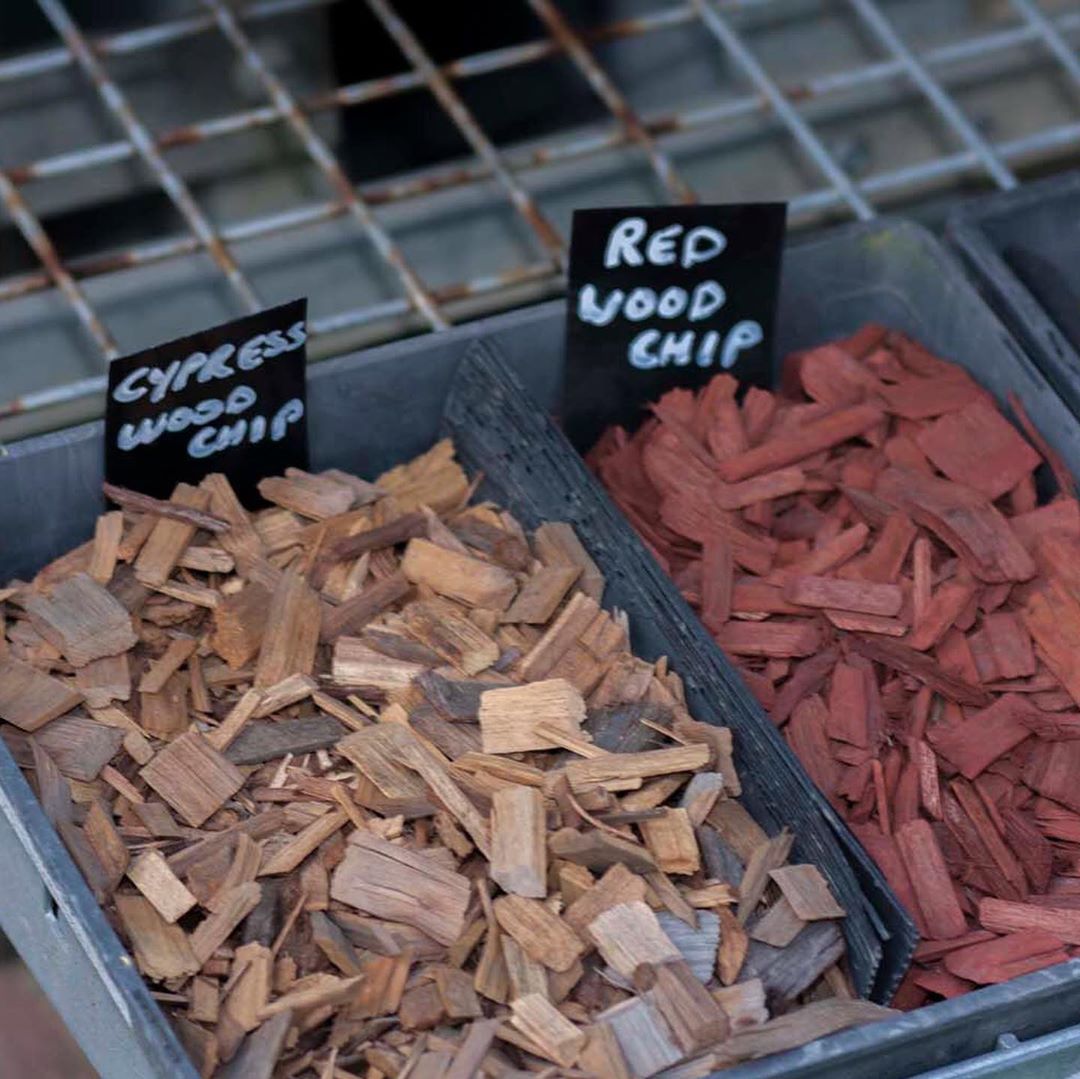Mulching the Garden
Mulching your garden is a necessary thing to do if you want to retain moisture in the soil, and you also wanted to keep weeds at bay. It is important to retain moisture in the soil, because many plant species require a moist soil medium in order to thrive. Mulching creates an insulated blanket over the garden bed, keeping sunlight from reaching the soil minimising evaporation. The added benefit of mulching is that provided the layer is at least 2.5cm thick it does a great job at suppressing weeds.

What is the ideal thickness for laying mulch

Is there an ideal time to lay mulch?
If you live in a cool climate like Melbourne lay your mulch from early Spring. If you live in a warmer climate like Sydney you can lay your mulch from August. I live in Sydney, and I have a preference to mulch from August, but before the end of September. During these months the soil is warming and has good moisture, so when I lay my mulch down it locks in some of that moisture.
You can apply mulch at any time so if find you are doing it in the summer periods, give your soil a good watering prior to mulching. Once you have laid your mulch give it another soaking, so that way the mulch doesn't suck all the water out of the soil.
Interesting Fact
Apply a layer of cow manure or dynamic lifter to the soil before mulching. Micro-organisms such as fungi and bacteria are responsible for breaking down mulch. To fuel them, they draw on the nutrients available in the soil, especially nitrogen - this is referred to as 'nitrogen drawdown'.
Because nitrogen is an important nutrient to plants, there is now less of it available in the soil and often causes plants to start yellowing. To combat this add a layer of cow manure or dynamic lifter prior to mulching, this will add additional nitrogen to the soil providing additional nutrients to both the plants, bacteria and fungi.

What mulch should I use?
We are spoilt for choice when it comes to mulch, these days people choose a mulch based on its aesthetic qualities rather than its functionality. Straw mulches such as sugar cane or pea mulch are probably the best for soil health, however their aesthetic qualities are a zero, which is why they are primarily used for Vegetable Garden's - to be fair aesthetically they look great for vegetable gardens.
Bark mulches are popular choice in gardens and they vary in coarseness from very coarse to fine, and the colours range from red, to brown to black. I often find that the choice of mulch should reflect the design and athletics of the garden there is really no right or wrong option.
